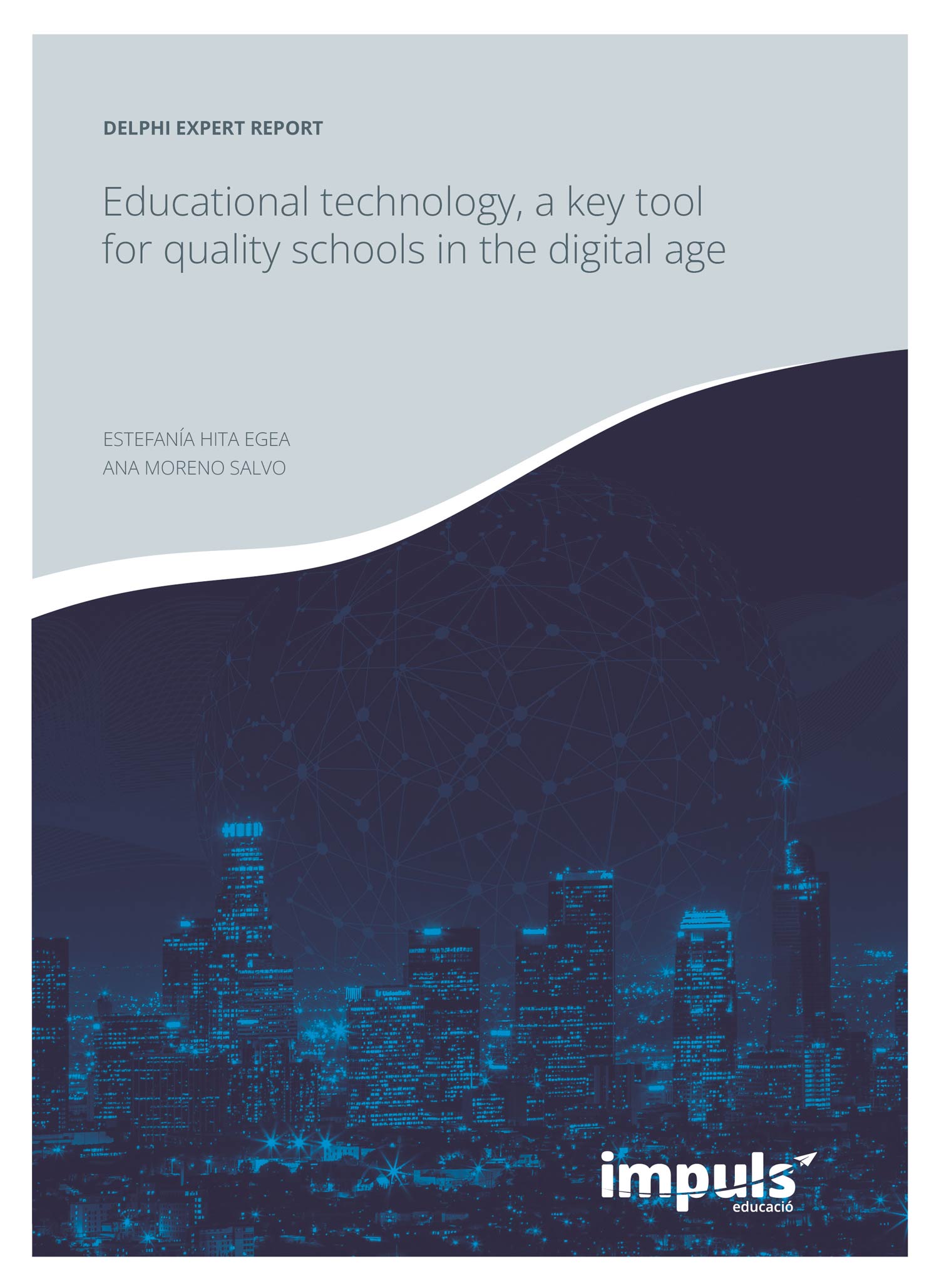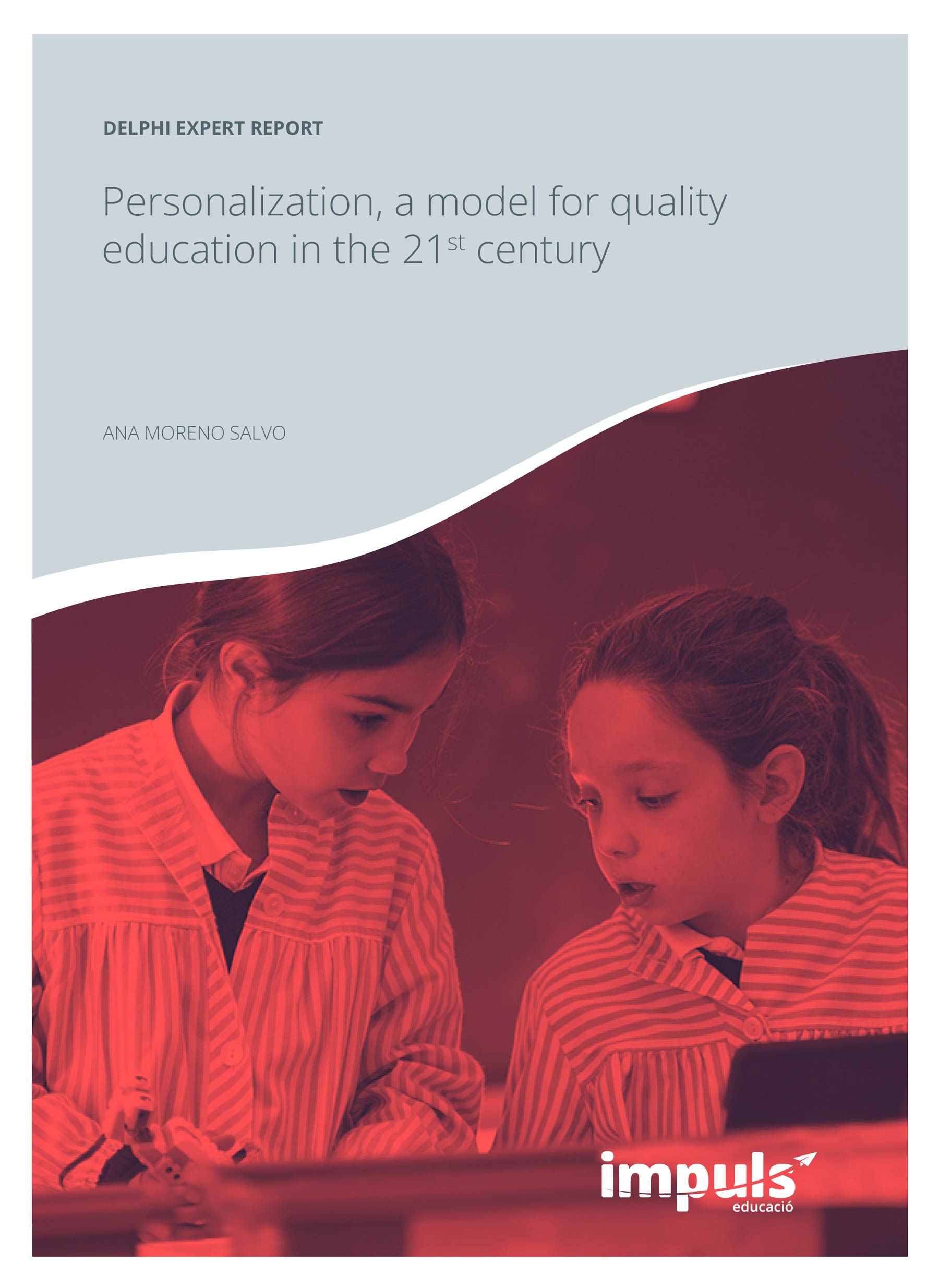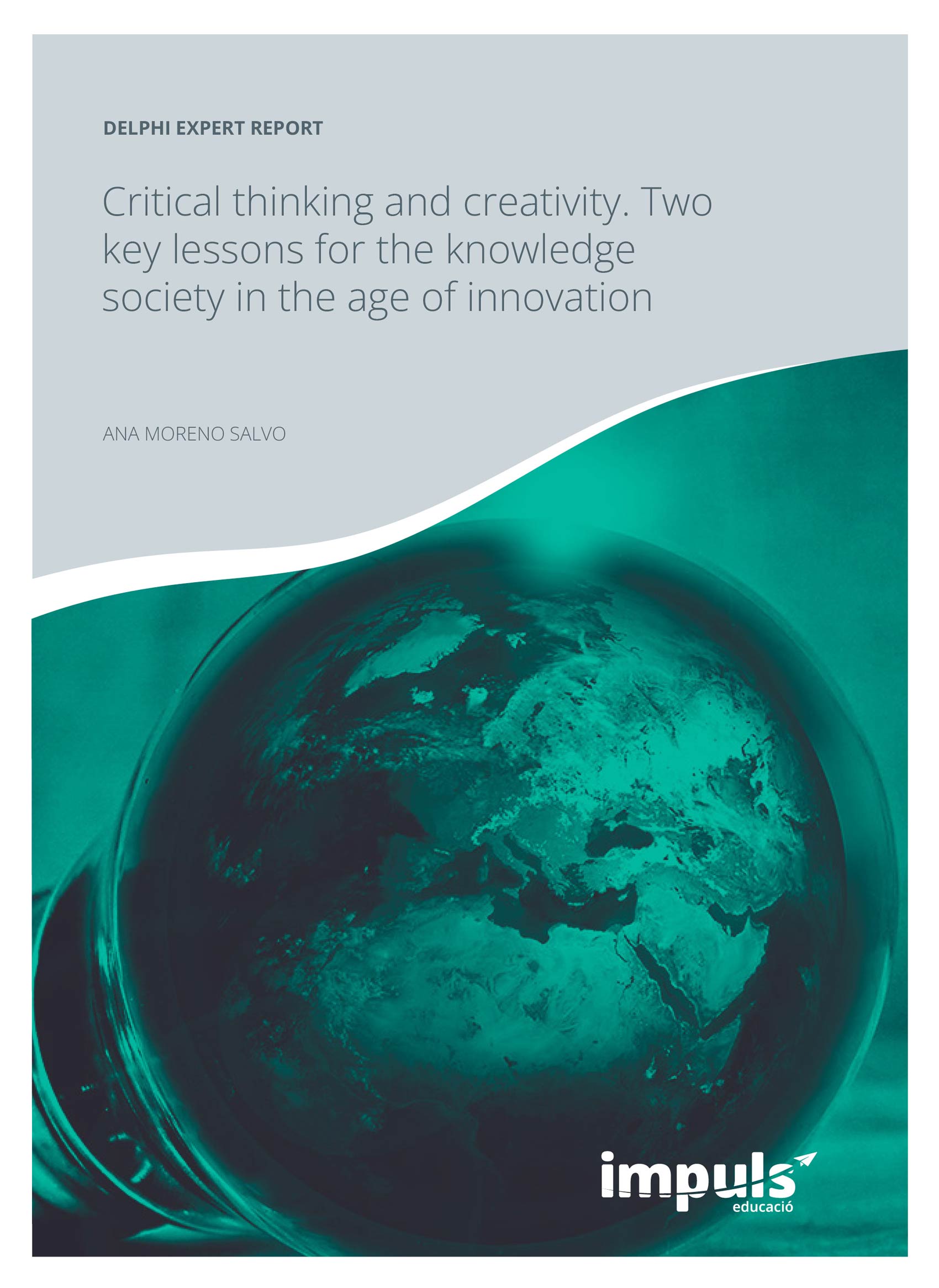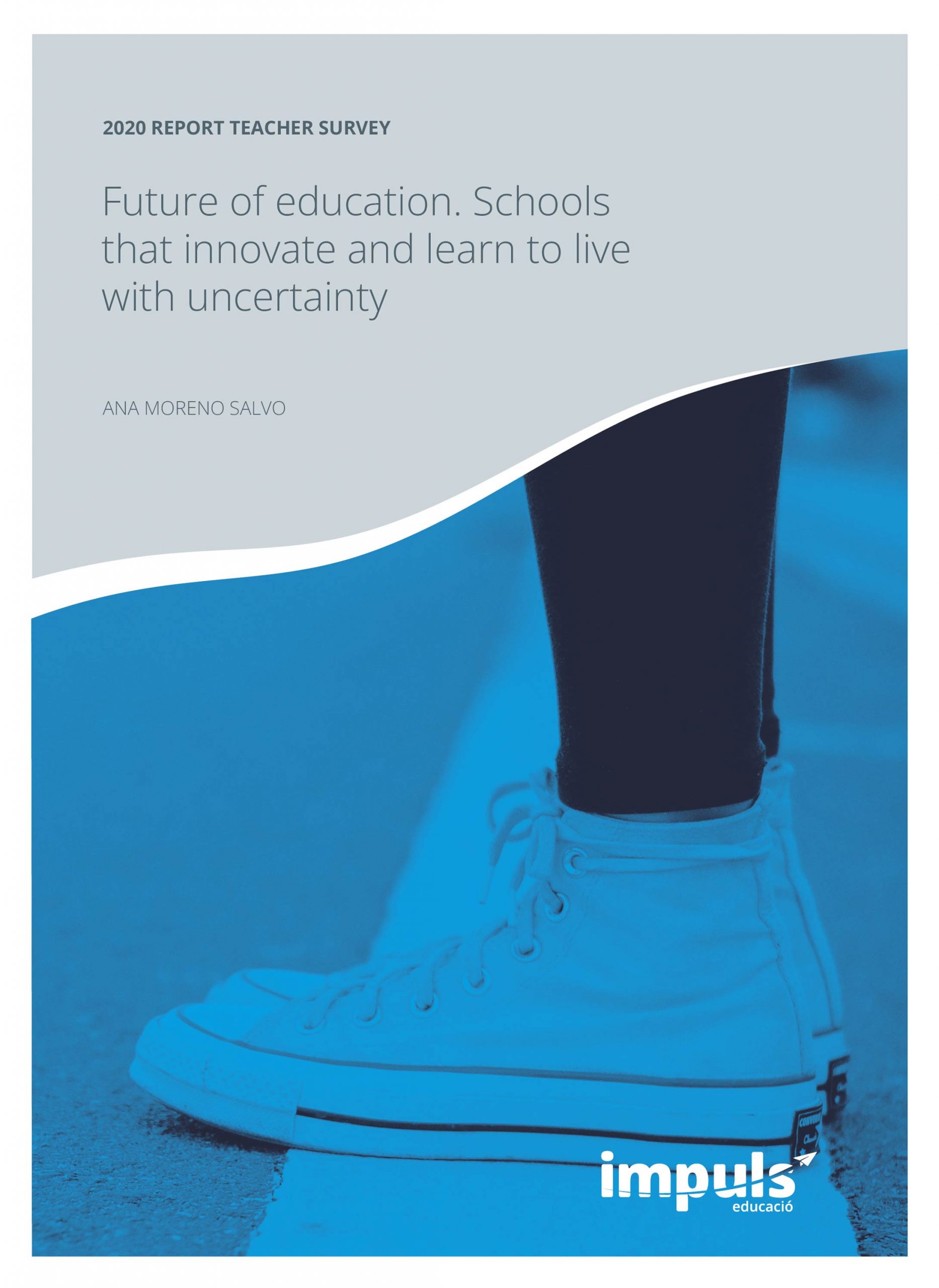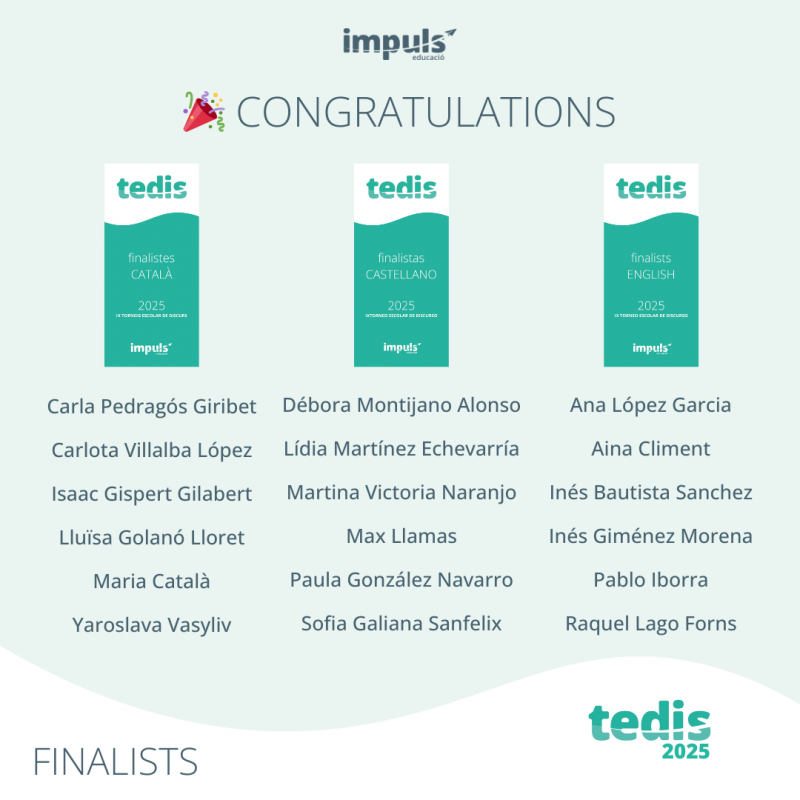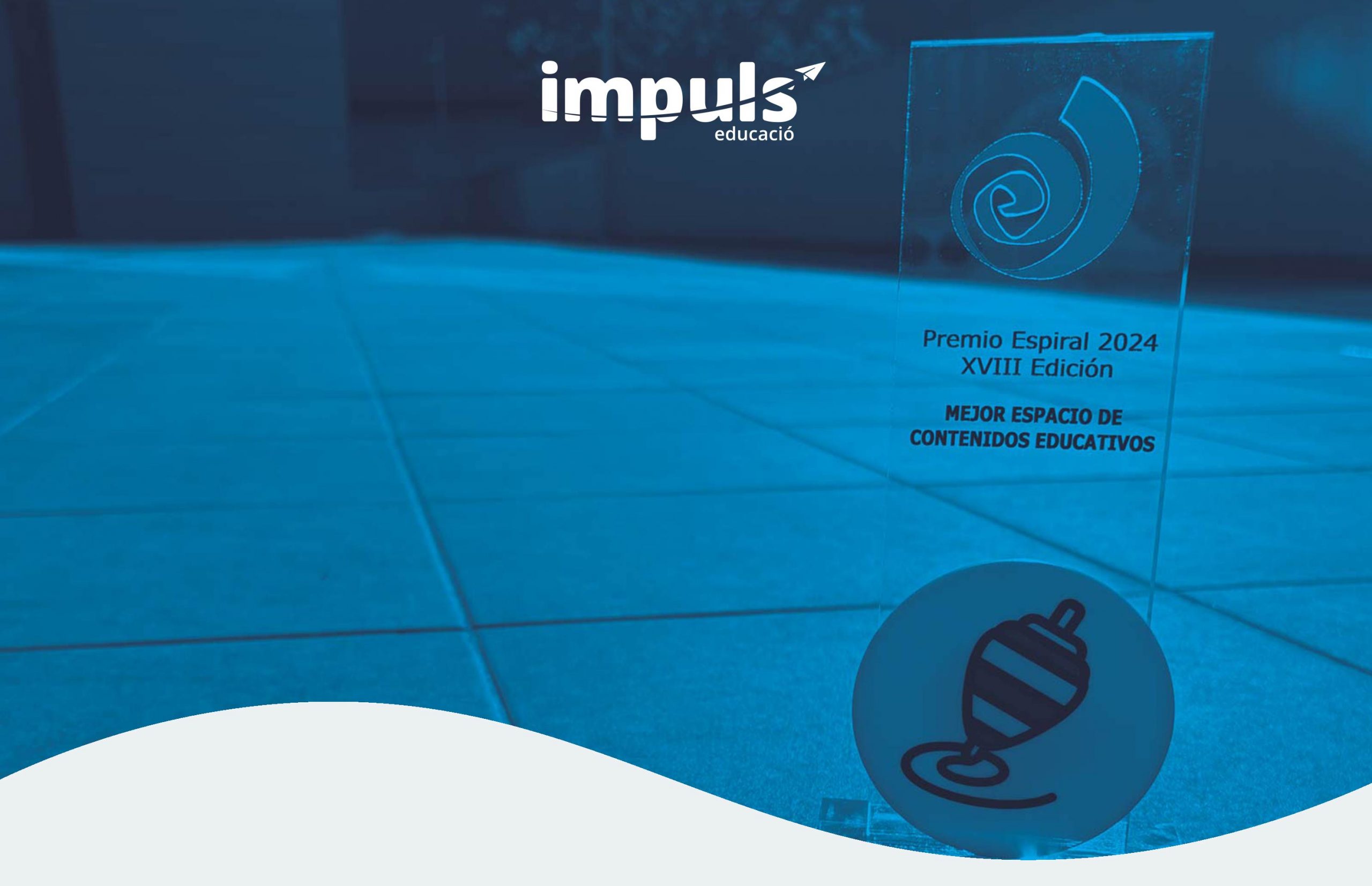Conclusions of the report
This study sought to answer the following questions:
- What do we mean by ET, by student digital competence, by teacher digital role and competence, and by the digital school?
- What are the keys to integrating ET in schools?
- What are the difficulties, risks and solutions of ET in schools?
On look at the relevance of ET in schools of today and the future, which also justifies this research. The study concludes that, in an increasingly digitalised culture and society, it is essential to educate children and young people in the critical, responsible use of technology. In this way we not only offer them the opportunity to reach their full professional potential in the near future but also improve the quality of education and democratise access to education, thus lowering the educational gap and enhancing equity.
We can say that ET is concerned with studying the integration of digital technology in the teaching-learning process with the aim of improving it. It analyses the educational potential of each medium and offers a framework for the development of teaching-technological materials for quality education. With regard to digital competence:
- Students must be educated in the responsible and ethical use of technology in its five dimensions: information literacy, communication and collaboration, respect, creation of digital content, security and problem-solving.
- Students must also be enabled to use technology in a critical, safe, responsible and effective way to improve their learning and digital communication.
- Teachers must also mobilise and transfer knowledge and strategies, skills and attitudes about ICTs (learning and communication technologies).
- Digital schools must encourage the responsible, ethical and committed use of technology to implement inclusive, personalised education.
- The role of teachers should be to guide and to use technology to design flexible environments and mentor students through an eminently autonomous learning process that leads to lifelong learning.
To integrate ET in schools, a cultural shift is needed in which technology serves learning and teachers in their new role of supporting, monitoring and collaborating. The tools should be adapted to students’ context, age and individual needs and should be free of charge and flexibly accessed. Some of the following strategies can help to integrate technology in schools: redefining activities due to the use of technology for active, collaborative and inquiry-based learning with digital tools to place students at the centre of the process, communication and digital access and management of academic information. An ET integration plan at school should have the following phases: diagnosis and adaptation to the pedagogical model, gradual design of teaching materials, and monitoring and assessment. Likewise, the entire educational community, including families, must participate and contribute, and they must have sufficient and appropriate technology. Some major difficulties and risks in this integration which must be prevented are the school’s lack of a digital and a pedagogical-technological model of transformation, the deprofessionalisation of teachers with little pedagogical and technological training, and an uncritical, insecure or uncivil use of digital technology.
Experts involved
- Manuel Area Moreira (UL)
- Jesús Acevedo Borrega (UEx)
- María José Amador (Blog)
- Teia Baus Roser (Les Alzines)
- Domingo Chica Pardo (Blog)
- Vanessa Esteve González (URV)
- Pablo Fernández Arias (UCAV)
- Maria Rosa Fernández Sánchez (UEx)
- María del Rosario Freixas Flores (UNAM, México)
- Juan Luis Fuentes Gómez-Calcerrada (UCM)
- Alberto González Fernández (UEx)
- Juan Francisco Hernández Rodríguez (Blog)
- Susan Holmes (Nehru World School, India)
- Pere Marqués Graells (UAB, Web)
- Judith Martín Lucas (USAL)
- Belen Palop del Río (UVA)
- Miquel Àngel Prats Fernández (URL)
- Inmaculada Pérez Prieto (Blog)
- Francisco José Recio Muñoz (VIU)
- Susana Regina López (UNQ, Argentina)
- Joan Anton Sánchez Valero (UB)
- Ángel Sobrino Morrás (UNAV)
- Jesús Valverde Berrocoso (UEx)
- Diego Vergara Rodríguez (UCAV)
Published reports

